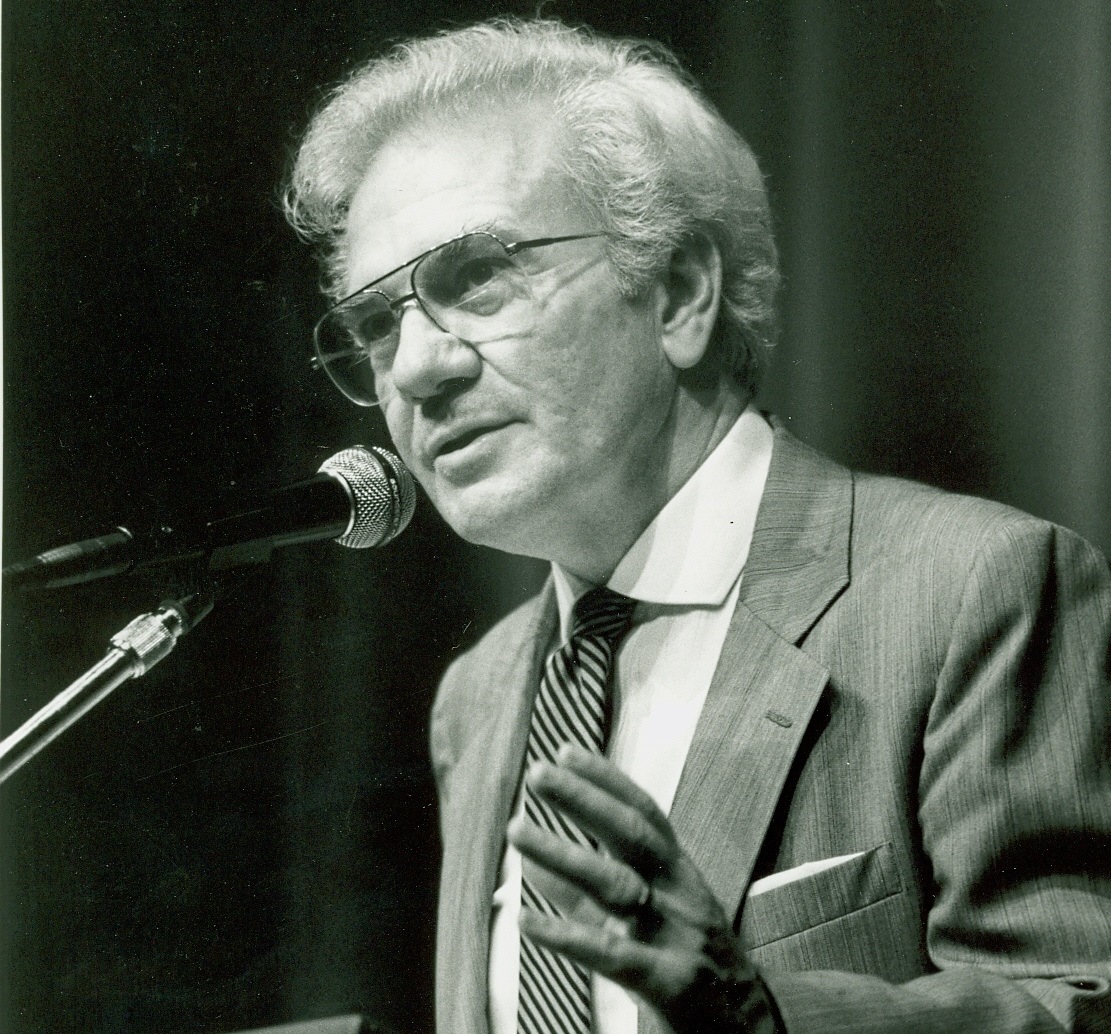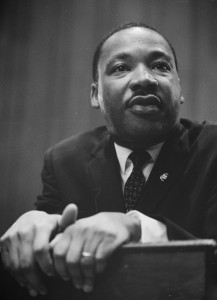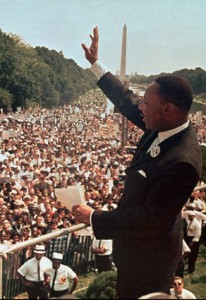Today is Martin Luther King, Jr. Day, a federal holiday honoring the birth of an American civil rights leader, activist, and religious leader. Across the country, people will be reflecting on the life and legacy of Dr. King and participating in acts of service as a way of remembering his important role in our national history and in the quest for civil rights for African Americans.
In 1988, at a conference sponsored by the Martin Luther King, Jr. Federal Holiday Commission, Dr. Boyer shared his own reflections on Dr. King’s legacy and its relevance to American education. In the speech, Boyer highlights three aspects of King’s life and career on which student should focus. Here’s an excerpt of the speech:
We all rejoice, of course, that a national holiday has been dedicated to the memory of this extraordinary individual.
But it is my conviction—and it shall be the theme of my remarks today—that
if we fail to bring the message of Dr. King into the nation’s classrooms, memories will fade, our celebration will become increasingly superficial, and the holiday will be a time when we remember only the symbols, not the substance, of his work.
Specifically, I’m convinced that the curriculum in our schools should include a study of Reverend King for three essential reasons:
First, all students should study the life of Martin Luther King to understand, more precisely, the social and intellectual heritage of our nation. . . .
[Second,] I’m convinced that all students should learn about Martin Luther King not only to gain historical perspective, but also to understand the power and poetry of the written and spoken word. . . .
[Third,] all students also should study the life of Martin Luther King to understand more fully the relationship between what they learn and how they live.
Read the entire speech here.


